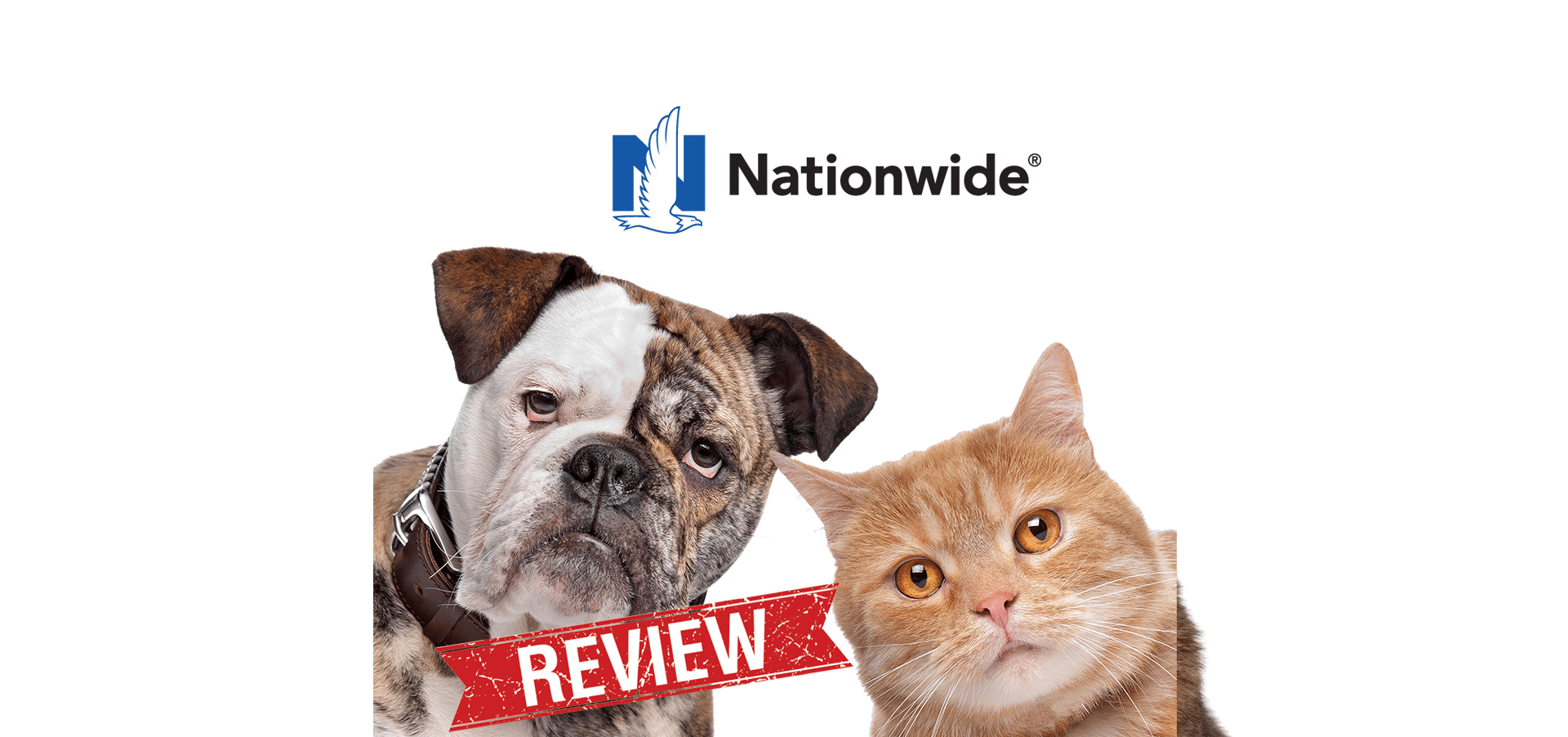
A PPO policy is a type or health insurance that allows you access to a network doctor or hospital. However, the plan can cost more than an HMO, and your out-of-pocket costs are higher. The right PPO plan for you will depend on your budget and your needs. A PPO has many benefits.
Flexibility is one advantage of a PPO. PPO networks can be very large, and providers can be found in almost any city or state. This means you will be able to find the best doctors and medical services in your area. You may also find that the PPO network makes it easier to pay for services in your area.
A PPO also gives you the freedom to choose your primary care physician. You may not require a referral from a PCP in certain cases to see a specialist. You will need to refer a specialist if you don't have a PCP referral. However, you will pay more if you see a specialist with a referral. It is also important to note that you may have to pay a copay, or a fixed dollar amount, for certain healthcare services.

Calling your insurance company before you seek out care from outside-of network providers may help to reduce this cost. It will protect your claim and prevent you from having to pay unnecessary treatments.
With a PPO you can choose any provider from the network. However, you will still need to pay for care that you receive outside the network. Although insurance companies and physicians often agree to lower the usual rates for their services, you could still end up paying more if they choose to refer you to an out of network provider.
A PPO can also be advantageous because your doctor and other doctors can negotiate terms and fees with the hospitals they work with. If you have a PPO, you'll have more options for lab and testing locations. The result is that you can get the care and treatment you need regardless of where you are.
Some other factors to consider when choosing a PPO are deductibles, copays, and coinsurance. Deductibles are the amount you have each year to pay before your insurance coverage kicks into effect. The coverage typically covers the first $1,000 of your expenses. After this amount, your insurance company will cover the rest. Copays are fixed dollar amounts you pay each time you have a visit to a provider. You may have to pay for tonsillectomies or birth control depending on which plan you have. You can also pay for medication you purchase at the pharmacy. Your insurance company will be able to tell you what types of prescriptions they cover.

PPO insurance policies are a good option for people who manage their own healthcare. This is an excellent option for those who travel often and need to be able to visit any doctor. You will need to consider your specific needs, your budget, as well as your lifestyle.